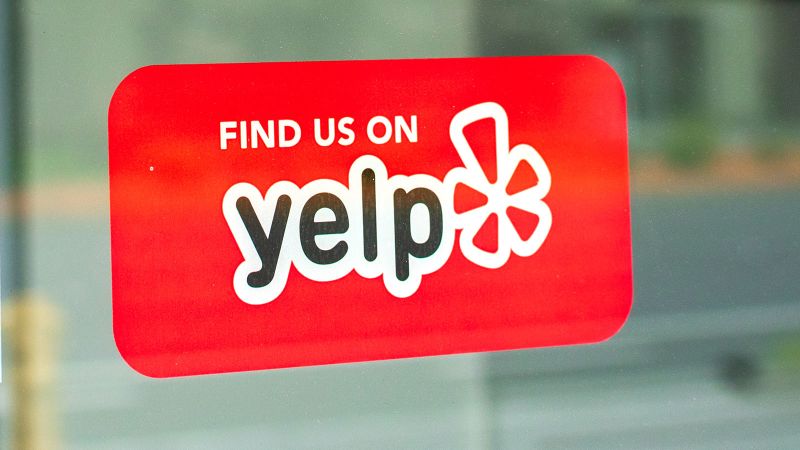Yelp has filed an antitrust lawsuit against Google, alleging that Google has used its monopoly power to dominate local search and advertising markets. The lawsuit comes after a federal judge ruled that Google violated US antitrust laws with its search business earlier in August. Yelp, known for allowing users to write reviews of local businesses, has long been critical of Google’s search dominance and claims that Google rejected an offer to buy the platform, adversely affecting Yelp’s reach.
In response to the lawsuit, Yelp stated that Google, as the largest information gatekeeper, has stifled competition and kept consumers within its own walled garden. The lawsuit follows the recent ruling that Google is a “monopolist” by US District Judge Amit Mehta, potentially reshaping how Americans access information online. Google has defended itself against Yelp’s claims, stating that similar claims had been dismissed by the FTC years ago and by the judge in the DOJ’s case recently, with Google planning to appeal the decision.
Yelp’s lawsuit alleges that Google manipulates search results to promote its own local search offerings, unfairly outperforming its rivals. Google is accused of using its monopoly power to provide users with all relevant information when searching for local businesses, preventing them from clicking on outside sources such as Yelp. The complaint highlights other specialized search providers like Expedia, Glassdoor, and Zillow as threats to Google on a level playing field, claiming Google abuses its power to keep users within its owned ecosystem.
Yelp argues that Google prioritizes its own local search offerings because the quality of reviews on Yelp and other platforms is superior. The complaint cites an FTC report stating that 32% of reviews on Google have no text, while Yelp requires review text. Google’s exclusive contracts with key players in the mobile ecosystem have solidified its position as the default search engine, hindering competition from other search providers. While the court did not find Google to have a monopoly in search ads, Yelp argues that Google’s monopoly in general search attracts local advertising to depend on Google, leading to higher fees charged by Google.
In response to the lawsuit, Google plans to appeal the decision and argues that Mehta’s opinion recognized Google as the best search engine on the internet, preferred by consumers over the competition. Yelp claims that Google’s anticompetitive practices have harmed its business by reducing traffic, impacting advertising revenues, and increasing costs. Yelp seeks monetary damages and an injunction to prohibit Google from continuing these practices. The ongoing legal battle highlights the complex dynamics of competition in the tech industry and the challenges faced by smaller players like Yelp against dominant platforms like Google.


